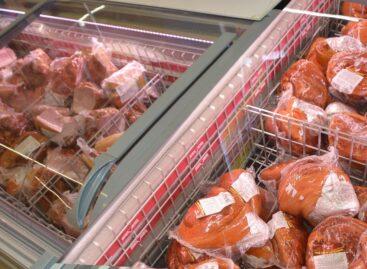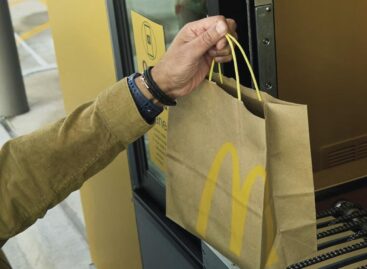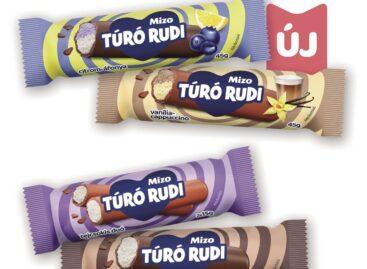Iced coffee brands didn’t melt
Iced coffee prices have soared 40% and this put an end to the rapid expansion in the category. Volume sales still developed a little in 2022, but in the second half of the year they definitely dropped.

Balázs Hunya
senior brand manager
Sole-Mizo
Balázs Hunya, senior brand manager of Bonafarm Group member Sole-Mizo Zrt.:
“In this situation brand power is especially important, together with giving consumers reliable quality and great taste experience for their money.”
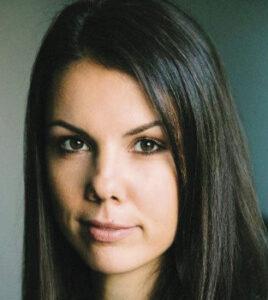
Andrea Buza
channel & category
specialist
FrieslandCampina
Hungária
Andrea Buza, channel and category specialist of FrieslandCampina Hungária Zrt.:
“Hypermarkets continued to lose ground in 2022 too. At the same time small independent shops strengthened their positions further, and they already have the same significance as discounters.”
Differences matter
The iced coffee category is characterised by diversity in flavour, ingredients and packaging.
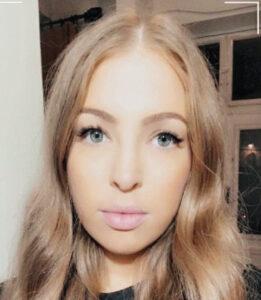
Dóra Szekeres
senior brand manager
HELL ENERGY
Dóra Szekeres, senior brand manager of HELL ICE COFFEE at HELL ENERGY Magyarország Kft.:
“With iced coffees it is important to check the caffeine content, and whether the product is made with real coffee extract, as there can be big differences in their compositions.”
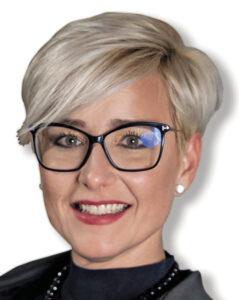
Judit Gombosi
senior strategic buyer
Foltin Globe
Judit Gombosi, senior strategic buyer of Foltin Globe Kft., which is present in the market with the Hochwald brand:
“The private label segment isn’t developing, it is branded products that drive the sales growth in the category. Size-wise 250ml and 500ml on-the-go iced coffees are the most popular.”
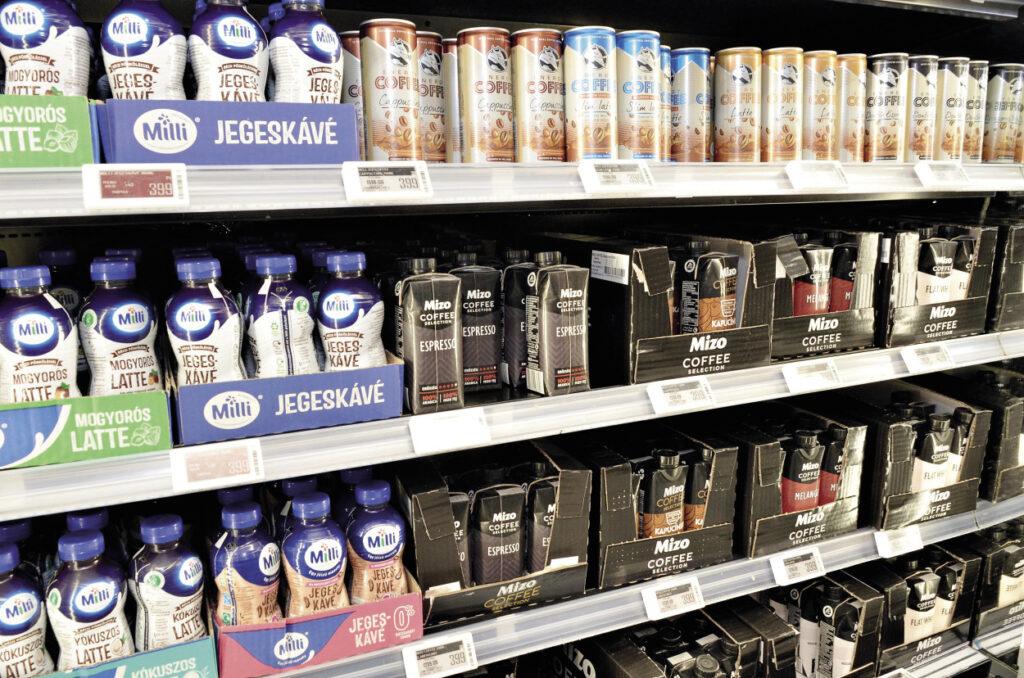
The private-label segment fails to develop, it is brands that drive the increase of the segment
Sophisticated consumer needs
Even though sales have slowed down in the iced coffee category, this doesn’t mean that shoppers aren’t looking for new innovations in shops. In 2022 two new flavoured products appeared in the Milli Iced Coffee portfolio. Brigitta Fekete, brand manager of FrieslandCampina Hungária ZRt.: “Shoppers welcomed both Milli Hazelnut Latte and Milli Coconut Latte. Demand is also growing for healthy choices in the category, so one of this year’s top new innovations is Milli Iced Coffee 0% added sugar, which hit the shops in February 2023. As sustainability is very important for our customers, we market the new product in 100% recycled and recyclable PET bottle.”
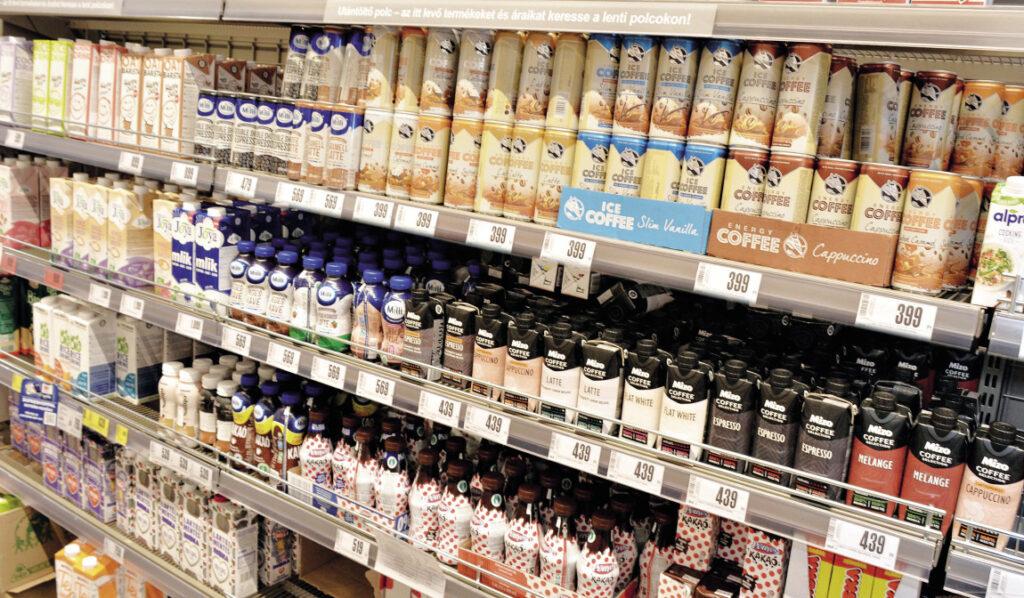
The market is diverse in terms of flavours, content and packaging
Not only the taste is important
HELL ENERGY also sees that consumers are open to trying new innovations, and not only in flavour but also in the field of sustainability. HELL ICE COFFEE products are only marketed in aluminium can packaging, because these are 100% and infinitely recyclable. Dóra Szekeres added that the different iced coffee flavours in 250ml aluminium can packaging are free from preservatives, and thanks to their premium quality, consumers get the best coffee experience in a practical and eco-friendly format. HELL ICE COFFEE products are made with minimum 70% milk, real Arabica and Robusta coffee extract, no artificial colours and minimum 40mg/100ml caffeine content. In March Slim Hazelnut, the latest new flavour appeared on store shelves.
Premium image and its background
Foodnet is the distributor of several iced coffee brands in the domestic market: Landessa Ice Coffee, Müller Kaffee and Starbucks.
Noémi Papp-Mile, brand manager of Foodnet Zrt.:
“Starbucks ready-to-drink coffees offer premium quality, thus they are the most expensive in their category. In spite of this sales grew dynamically in the first half of the year, which lasted until September. Very strong brand image and very high, 20% coffee content make up the product benefit. We plan to launch a few new products in 2023.”
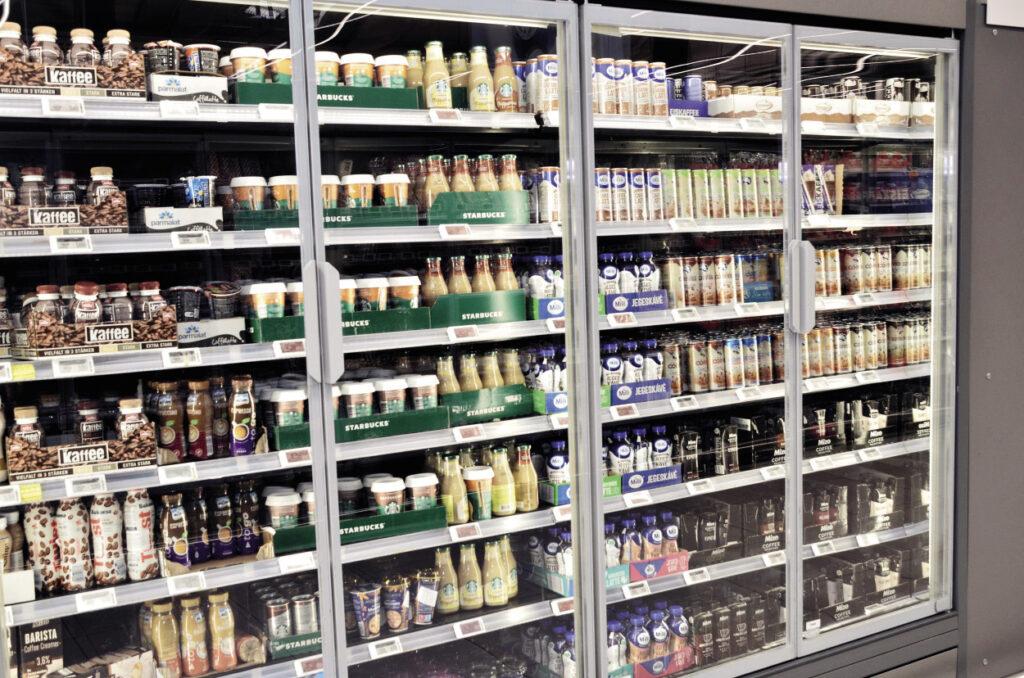
In spite of their high prices, premium products’ performance is impressive
Summer is a strong period for instant iced coffee
Iced coffee can also be found in shops in powder format. Instant iced coffee sales are characterised by strong seasonality: sales can become five times bigger in the hot summer months. NESCAFÉ 3in1 Frappé products can be prepared with just cold water and ice. These are always available in the summer period, in classic and flavoured (caramel in 2021 and vanilla in 2022) versions.

Veronika Cziklin
brand manager
Nestlé Hungária
Veronika Cziklin, brand manager of Nestlé Hungária:
“Last year instant iced coffee sales were up about 30%, in spite of the 20% price increase! Flavoured variants still play a smaller role in the category, and branded products are typically available in stick format, as opposed to the bulk packaging of private labels.” //
Iced coffee: the caffeine variant dominates
Hungarians purchased 13 million litres of iced coffee in 2022, and they paid almost HUF 16bn for this. Value sales rose by 25% and volume sales were up 1% if compared with 2021.
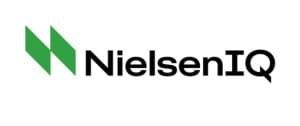

Guest writer:
Katalin Séra
senior analyst
NielsenIQ
Shops with a floor space of 401-2,500m² were responsible for 41% of value sales. Shoppers trust manufacturer brands the most, as these realised 85% of value sales in the category; but it is also true that private labels were growing more dynamically in both value and volume.
Cappuccino was the most popular with a 17% share, followed by espresso at 14%. Decaf variants lost 2 percentage points from their market share, which was only 1%. Iced coffees with caffeine saw their value sales rise 27% and volume sales climb 3%. Aluminium can was the most popular format with a 40% value share (value sales were up 27% and volume sales developed by 17%), and half of value sales were realised by 250ml products. //
This article is available for reading in Trade magazin 2023/4.
Related news
Hello, who ordered the hamburger?
🎧 Hallgasd a cikket: Lejátszás Szünet Folytatás Leállítás Nyelv: Auto…
Read more >Related news
40 secure jobs, sustainable solutions – new BURGER KING® in Csepel
🎧 Hallgasd a cikket: Lejátszás Szünet Folytatás Leállítás Nyelv: Auto…
Read more >


